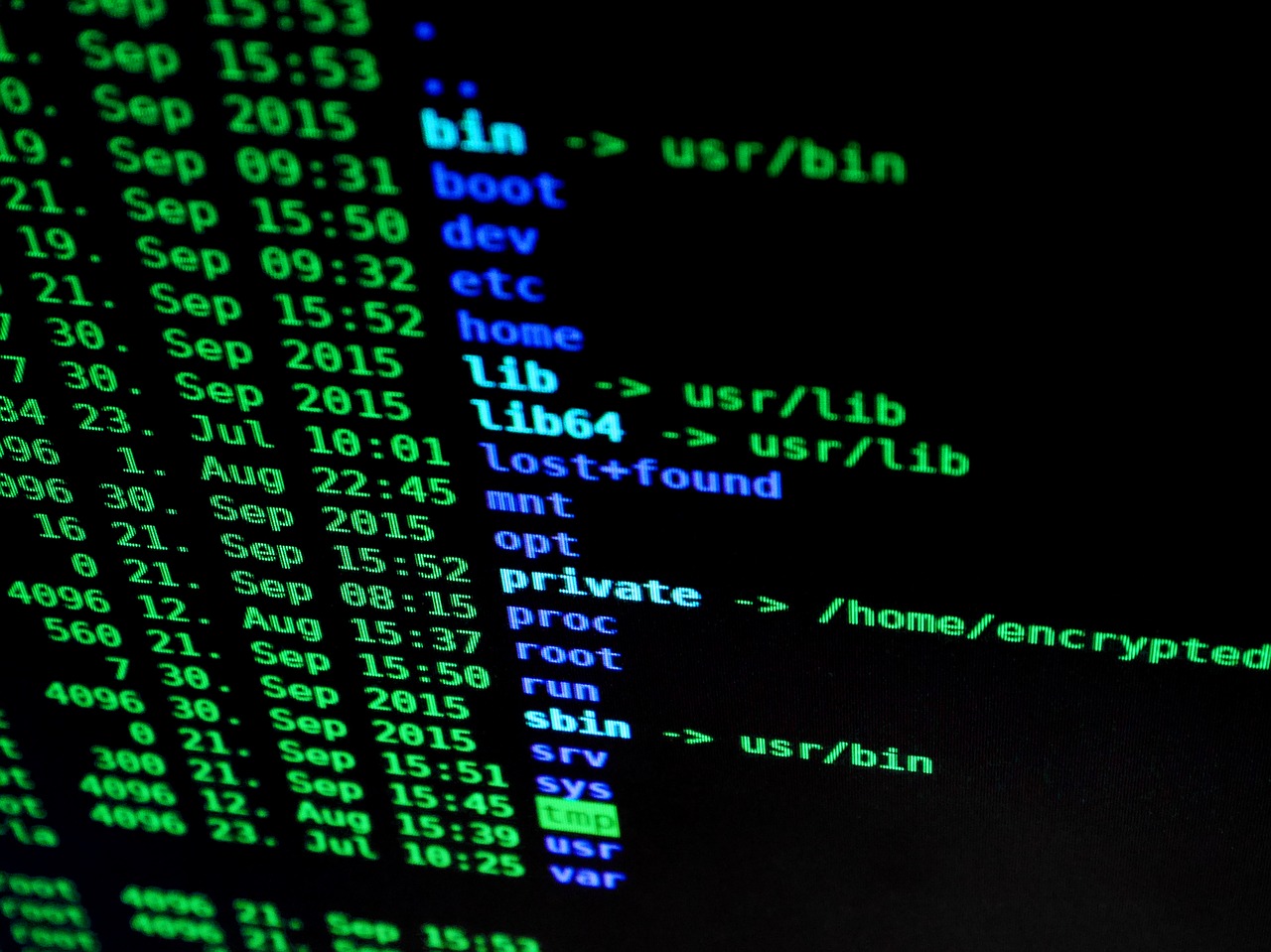Last Updated on: 21st November 2023, 09:26 pm
Freelancers risk exposing sensitive client’s data by not protecting their online data traffic
Worldwide digitalization and shifting perception of a flexible employment fuels growth of the gig economy. Research carried out by Association of Independent Professionals and the Self-Employed (IPSE) revealed that in the United Kingdom, the Netherlands, and France, growth of freelancers has outpaced growth of overall employment. This trend indicates that traditional businesses are losing control over their employees’ workplace security status, while the safety of sensitive corporate data is being laid into freelancer’s hands.
By outsourcing tasks and responsibilities to freelance workers, businesses gain more flexibility to control costs, working hours, and more. However, this also means that they become clients, and must open part of their internal resources to those who do not control their business.
“Internally, businesses create various rules and develop strict security procedures for their employees. However, when it comes to working with freelancers, companies lose control of any data they share with the outsiders,” says Naomi Hodges, Cybersecurity Advisor at Surfshark. “Generally, it is the same as having a password-protected computer and a sticky note with a password on it.”
Lots of freelancers choose to work remotely – in coworking spaces, cafes, or anywhere, where is a free Wi-Fi. They invest in getting the necessary tools for work, such as software. However, security of their devices is often omitted from their to-do lists.
“Almost anyone with some basic technical knowledge can crack the connection of public Wi-Fi after watching a step-by-step tutorial on YouTube. The hackers can see anything that is being sent to or coming from the computer using the network. If a freelancer does not encrypt its traffic, all their documents and files are put on public display,” explains Naomi Hodges.
The growth of the gig economy means that the number of vulnerable devices is also growing. Freelancers who do not protect their devices are putting themselves and their clients at risk of data breaches, leaks of confidential information, and more.
Naomi Hodges says, that although there are several solutions to encrypt any device’s data traffic, virtual private network (VPN) software is one of the most advanced and easiest to use. In addition to protecting from online snooping, VPN shields from malware attacks and surveillance.
“It does not matter if a freelancer is a lawyer, an accountant or a photographer. They all work with information which can be considered as confidential,” explains Naomi Hodges. “Usually, it’s not too difficult to indicate their clients simply by looking at their portfolios. They all count on luck that nobody is interested in his or her files, but that is why data leaks happen.”








